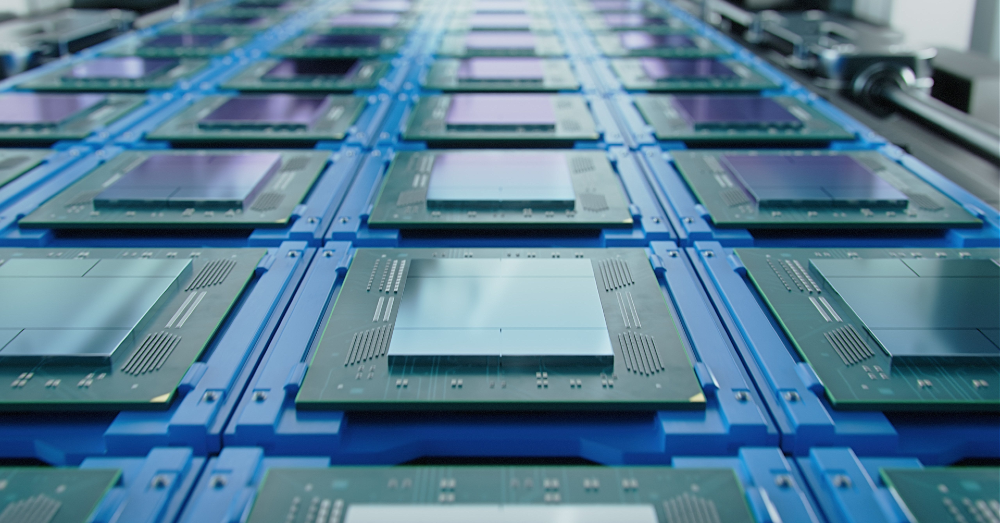Nothing seemed quite as disruptive in the automotive industry as the chip shortage. This shortage has had a lasting impact on car manufacturing.
Prior to the COVID-19 pandemic, semiconductor inventories were at nearly 40 days supply and quickly dropped to less than five days supply by the beginning of 2021. Countries closest to the pandemic’s epicenter were among the first to shut down. Considering 81% of semiconductor manufacturing came from Taiwan and South Korea, this meant a sudden halt and reduced supplies for automakers around the world.
Here are some of the impacts the chip shortages had on car manufacturing.
Massive losses of revenue
We don’t think about the semiconductors in our cars, but these computer chips handle many of the functions in today’s vehicles. Some cars have as many as 1,000 chips operating various functions in a vehicle. Without enough chips to completely build vehicles, automakers lost revenue. The global shutdown impacted all industries, but the shortage of these chips meant continued revenue losses. It took a long time for these items to get back to normal levels, which created a lasting impact on the industry.
Automaker continued to run short
With the pandemic over, you might think it would only take a few months for the auto industry to get back to normal, but that wasn’t the case. Automakers continued to face chip shortages, causing slowdowns and halt in car manufacturing. During the global shutdown, gaming consoles became more popular than ever, which is where many of the semiconductors went instead of the auto industry. Automakers continued to face shortages, which meant some vehicles were being sold without features customers desired.
Chip manufacturing moved to more local areas
Instead of relying on the production of these chips from foreign lands, some automakers began to build plants of their own to produce semiconductor chips. This makes for a much-needed long-term solution but not a short-term fix. It takes several months for any chips to be created, which means building plants and then starting the production run. Still, when automakers have the ability to control the supply line, it means products won’t be sent to other industries, which was a big part of the problem with this shortage.
Used car prices are impacted
The meteoric rise in used car prices is 100% attributed to the shortage of new cars in the market. The pandemic caused panic in the auto industry, and many automakers canceled their orders for semiconductor chips. When this happened, and people were ordered to stay home, many people began to order electronic gaming systems. Guess what? These gaming systems use the same chips as cars and trucks, which meant the chips were shipped to these manufacturers and not to automotive production facilities. Used car prices soared during 2021, but these prices are finally leveling off.
More delays in a normal auto industry
The prediction that the chip shortage will be over this year and that car manufacturing will return to normal is a prediction of a perfect world. This means no more delays, no issues, and no supply chain problems. Does that sound like something we should expect, considering how the last few years have gone? This prediction might be a bit conservative, and we could see things get back to a semblance of normal before that time but don’t get your hopes up. The best thing you can do is hang onto your old ride for a bit longer unless your local dealer is offering a deal you just can’t pass on.
Supply needs to finally meet Demand
The current supply and projected production of semiconductor chips should put the automotive world at a meeting point soon. That means we’re going to see continued high prices for used cars and shortages of new models on dealership lots. Thankfully, we should start to see relief from this problem in the third or fourth quarter of this year. When that happens, we might feel like everything is over and the automotive market is back to normal, but don’t get fooled; we won’t see true relief from this challenge for a few more years, and that’s assuming everything is going according to plan.
The semiconductor chip shortage has created a significant impact on car manufacturing. Because modern cars require many of these chips, it’s difficult to complete the build process without these chips. Thankfully, several steps have been completed to bring manufacturing back to normal and build enough cars to keep the industry moving forward.




